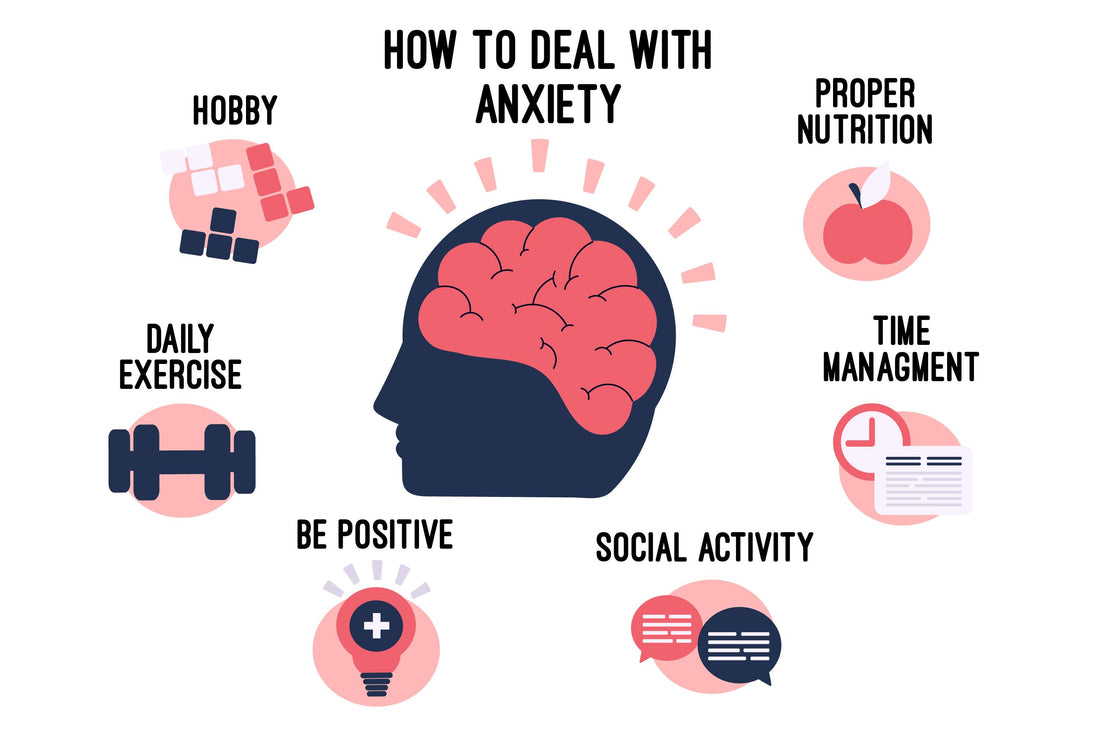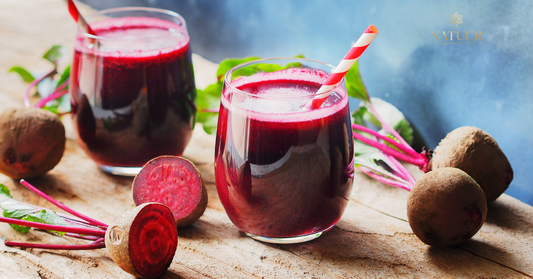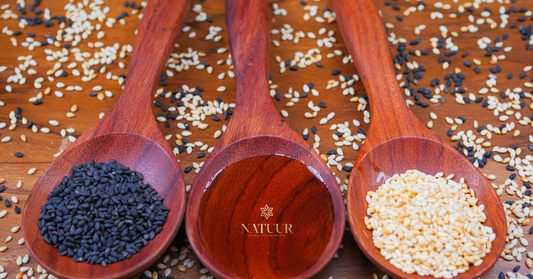
The Gut-Brain Connection: How Probiotics Impact Mental Health
As research in the field of gut health continues to grow, scientists are uncovering new ways in which the health of our gut microbiome impacts our overall well-being. One fascinating area of research is the gut-brain connection, which explores the link between the gut and mental health. In this blog post, we'll explore how probiotics, the beneficial bacteria found in certain foods and supplements, can impact mental health by improving gut health.
What is the Gut-Brain Connection?
The gut-brain connection refers to the complex relationship between the gastrointestinal system and the central nervous system. This connection is bidirectional, meaning that signals travel both ways between the gut and the brain. The gut has its own nervous system, known as the enteric nervous system, which communicates with the brain through the vagus nerve.
Research has shown that the gut microbiome can impact brain function and mental health in a number of ways. For example, an imbalance in the gut microbiome has been linked to conditions such as anxiety, depression, and even autism spectrum disorder.
How Probiotics Impact Mental Health
Probiotics are known for their ability to improve gut health by restoring balance to the gut microbiome. But how exactly do they impact mental health? Here are a few ways:
Reducing Inflammation
Inflammation is the body's natural response to infection or injury. However, chronic inflammation can have a negative impact on mental health. Studies have shown that probiotics can help to reduce inflammation in the gut, which can have a positive impact on overall mental health.
Enhancing Serotonin Production
Serotonin is a neurotransmitter that plays a key role in regulating mood. In fact, low levels of serotonin have been linked to depression. Interestingly, the majority of serotonin is produced in the gut, not the brain. Probiotics have been shown to enhance serotonin production in the gut, which can have a positive impact on mood.
Regulating the HPA Axis
The hypothalamic-pituitary-adrenal (HPA) axis is a complex system that regulates the body's response to stress. Research has shown that an imbalance in the HPA axis can contribute to the development of anxiety and depression. Probiotics have been shown to help regulate the HPA axis, which can have a positive impact on mental health.
Improving Sleep
Poor sleep has been linked to a range of mental health issues, including anxiety and depression. Probiotics have been shown to improve sleep quality, which can have a positive impact on mental health.
How to Incorporate Probiotics into Your Diet
In order to reap the mental health benefits of probiotics, it's important to incorporate them into your diet. Here are a few ways to do so:
Consume Probiotic-Rich Foods
Probiotics can be found in a variety of foods, including yogurt, kefir, sauerkraut, and kimchi. Try incorporating these foods into your diet on a regular basis to improve gut health and support mental health.
Take a Probiotic Supplement
If you're not able to consume enough probiotic-rich foods, consider taking a probiotic supplement. Look for a supplement that contains a variety of strains and is backed by scientific research.
Incorporate Prebiotic Foods
Prebiotics are a type of fiber that feed the good bacteria in your gut. Incorporating prebiotic-rich foods, such as garlic, onions, and asparagus, can help to support a healthy gut microbiome.
Conclusion
In conclusion, the gut-brain connection is a complex and fascinating aspect of human health that has gained increasing attention in recent years. With the rise of research on the gut microbiome and its relationship with mental health, we are beginning to understand the important role that probiotics can play in supporting both physical and mental well-being.
By restoring balance to the gut microbiome, probiotics can help to reduce inflammation, improve digestion, and enhance immune function. These benefits can have a significant impact on mental health, as a growing body of research suggests that inflammation and immune dysfunction may contribute to the development of mood disorders such as depression and anxiety.
While probiotics are not a magic cure for mental health issues, they offer a promising avenue for prevention and treatment. By incorporating probiotic-rich foods into your diet or taking a high-quality probiotic supplement, you can support your gut microbiome and potentially improve your mental health in the process.









1 comment